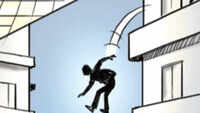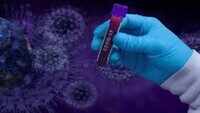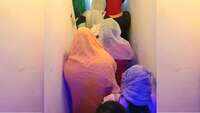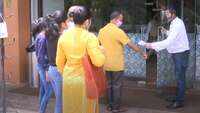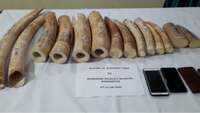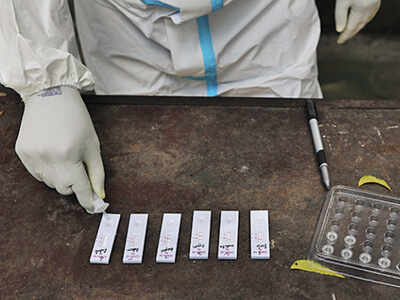
NEW DELHI: The lack of social discipline in Delhi is leading to a spike in cases of Covid-19 once again. On Tuesday, the city recorded 2,312 new cases of the viral infection — its highest single-day tally in nearly two months. The state health department said 18 people succumbed to the disease in the last 24 hours.
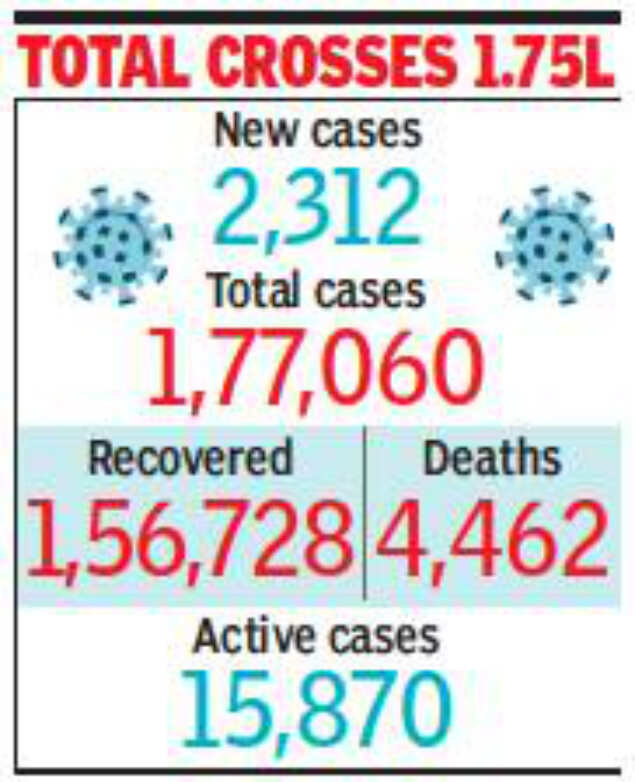
Dr Lalit Kant, former head of ICMR’s epidemiology and communicable diseases department, said people in Delhi have developed “pandemic fatigue”. “Only a few people wear masks properly. Many of them move around in crowded places without wearing them at all,” he said.
Over 4,200 Covid beds occupied
There is an urgent need to communicate to people about the need to continue wearing masks and maintain social distancing to prevent disease spread. Also, we need measures to enforce these practices,” Dr Kant said.
The total number of novel coronavirus cases in Delhi has now crossed 1.77 lakh and fatalities have mounted to 4,462.
According to Dr N K Mehra, ICMR emeritus scientist and former dean of AIIMS, one can draw a parallel to HIV, where even after 34 years we do not have a vaccine but the disease was controlled to a large extent through public education. Similar attempts should be made also with Covid-19 to encourage public participation in following the three norms of mask wearing, social distancing and frequent hand-washing. “An effective vaccine may or may not come soon,” Dr Mehra said.
A serological survey conducted in Delhi recently showed nearly 30% of the city’s population had developed antibodies against the virus already. Public health specialists say this should not become a cause for any celebration or complacency. “There are at least six coronaviruses that cause the common cold. It is possible antibodies are detected in people with previous exposure to them. The presence of antibodies, therefore, cannot guarantee that the person cannot get infected with Covid-19,” said another senior doctor.
In the last few days, Delhi has seen a significant increase in testing through RT-PCR, considered the gold standard. RT-PCR detects the presence of infection by targeting specific genetic sequences of Sars-CoV2, the virus that causes Covid-19. It has 68% to 80% sensitivity (ability to correctly identify those with the disease).
A rapid antigen test (RAT) detects the presence of infection by targeting specific viral proteins present in the patient sample. Though it gives results faster, the test’s sensitivity is significantly lower, which means it throws up a high rate of false negative results.
Many public health specialists have stressed on the need to do more tests using RT-PCR and say RAT should utilised for survey purposes. Most big hospitals say there has been a significant increase in Covid-19 cases over the past 10 days, after a brief decline last month. The same is also reflected in the occupancy rate for beds that had reduced to less than 3,000 on July 30 and continued to be so till August 5. It has reached 4,275 now.
Of the 1,216 ICU beds with ventilators that have been earmarked for coronavirus patients, 486 are occupied.

Dr Lalit Kant, former head of ICMR’s epidemiology and communicable diseases department, said people in Delhi have developed “pandemic fatigue”. “Only a few people wear masks properly. Many of them move around in crowded places without wearing them at all,” he said.
Over 4,200 Covid beds occupied
There is an urgent need to communicate to people about the need to continue wearing masks and maintain social distancing to prevent disease spread. Also, we need measures to enforce these practices,” Dr Kant said.
The total number of novel coronavirus cases in Delhi has now crossed 1.77 lakh and fatalities have mounted to 4,462.
According to Dr N K Mehra, ICMR emeritus scientist and former dean of AIIMS, one can draw a parallel to HIV, where even after 34 years we do not have a vaccine but the disease was controlled to a large extent through public education. Similar attempts should be made also with Covid-19 to encourage public participation in following the three norms of mask wearing, social distancing and frequent hand-washing. “An effective vaccine may or may not come soon,” Dr Mehra said.
A serological survey conducted in Delhi recently showed nearly 30% of the city’s population had developed antibodies against the virus already. Public health specialists say this should not become a cause for any celebration or complacency. “There are at least six coronaviruses that cause the common cold. It is possible antibodies are detected in people with previous exposure to them. The presence of antibodies, therefore, cannot guarantee that the person cannot get infected with Covid-19,” said another senior doctor.
In the last few days, Delhi has seen a significant increase in testing through RT-PCR, considered the gold standard. RT-PCR detects the presence of infection by targeting specific genetic sequences of Sars-CoV2, the virus that causes Covid-19. It has 68% to 80% sensitivity (ability to correctly identify those with the disease).
A rapid antigen test (RAT) detects the presence of infection by targeting specific viral proteins present in the patient sample. Though it gives results faster, the test’s sensitivity is significantly lower, which means it throws up a high rate of false negative results.
Many public health specialists have stressed on the need to do more tests using RT-PCR and say RAT should utilised for survey purposes. Most big hospitals say there has been a significant increase in Covid-19 cases over the past 10 days, after a brief decline last month. The same is also reflected in the occupancy rate for beds that had reduced to less than 3,000 on July 30 and continued to be so till August 5. It has reached 4,275 now.
Of the 1,216 ICU beds with ventilators that have been earmarked for coronavirus patients, 486 are occupied.

Coronavirus outbreak
Trending Topics
LATEST VIDEOS
More from TOI
Navbharat Times
Featured Today in Travel
Get the app
